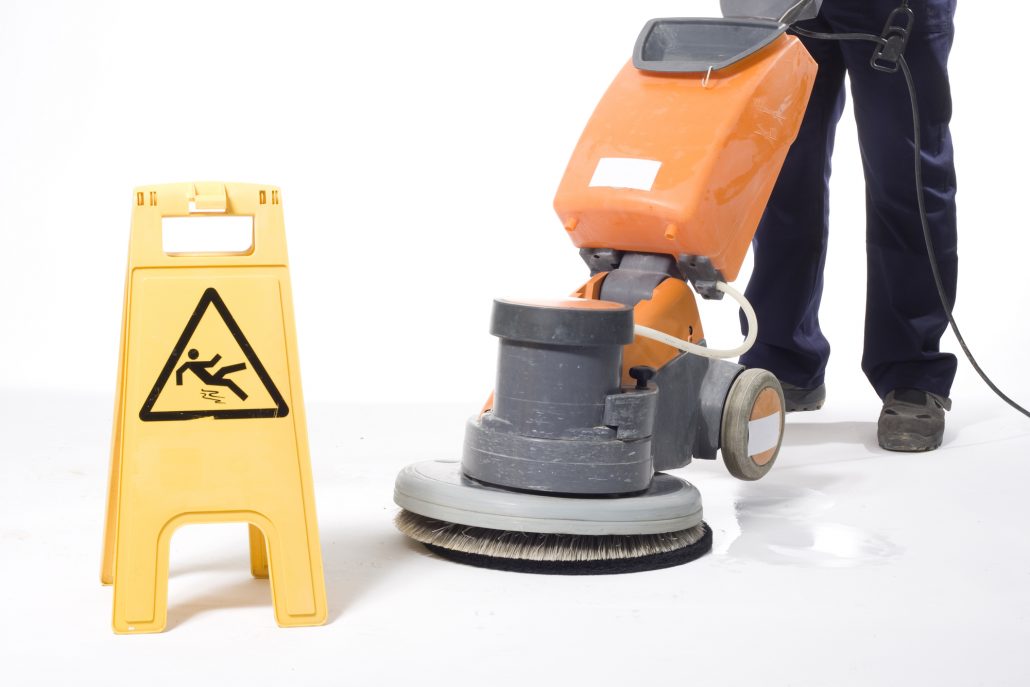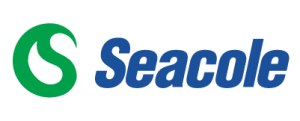
Slip and fall accidents are becoming huge liabilities for industrial facilities of all kinds. Spilled oils, lubricants, paints, and other messes are common culprits in slip and fall incidents. That’s why it’s so important to clean up spills as soon as they occur. But many facility managers do not realize the cleaning chemicals they use may be making the problem worse, not better.
Lack of friction is to blame for most slip and fall accidents. Clean floors often have enough friction with the soles of your employees’ shoes that it’s easy for workers to stay upright. But when floor cleaners leave behind a greasy residue (or oily messes are allowed to sit on the floor), floors of all types can become as slick as ice. Here’s how to treat spills and clean floors to reduce the number of slip and fall accidents at your facility.
-
Spot-Treat Spills
Spot-treat greasy spills as soon as they occur to eliminate slick spots on your floor. Powder cleaners are very effective at removing oil and oil stains. Sprinkle the powder cleaner on the spill, scrub with a stiff bristle brush or broom, and let it sit for a few minutes. Then, hose the area down and use a squeegee to dry off the spot. Our favorite powder cleaner is PFC II, a heavy-duty detergent that won’t harm your concrete floor or your floor’s sealant. The only thing this low-residue cleaner leaves behind is a fresh pine scent.
-
Scrub Floors Regularly
Spot-treating spills reduces the immediate risk for slip and fall accidents, but regular cleaning of your floors will prevent slip and falls long-term. Floor scrubbers are a great solution for general floor cleaning. Make sure you choose the appropriate detergent for your floor and mix the chemicals correctly. Then, add your solution to the floor scrubber and get cleaning. Our favorite general cleaner is Spraydet CW, a liquid soap that’s compatible with our defoamers for a sparkling clean that doesn’t leave a residue.
-
Pressure Wash Floors as Needed
Even with regular cleaning, plant and facility floors periodically require a deep clean to keep them safe. Pressure washing is a great solution for deep cleaning industrial floors, driveways, and even heavy equipment. To avoid leaving a greasy residue, it’s important to get your mixture just right. We’ve found 6 to 8 ounces of detergent per gallon of water is ideal. Our favorite pressure washing cleaner is Total, a liquid product that won’t attack the sealant on your shop floor. It’s also non-hazardous, environmentally safe, and super concentrated.
BONUS: Educate Your Team, Rinse, Repeat
To reduce slip and fall accidents at your facility, choose the right chemicals for your floor and contaminants and mix them correctly. Then, educate your team on how to use them appropriately. You may even consider adding scraper mats to entryways to reduce the contaminants entering and leaving your shop.
For help finding the right cleaning chemistry for your floor, contact the experts at Seacole today.


